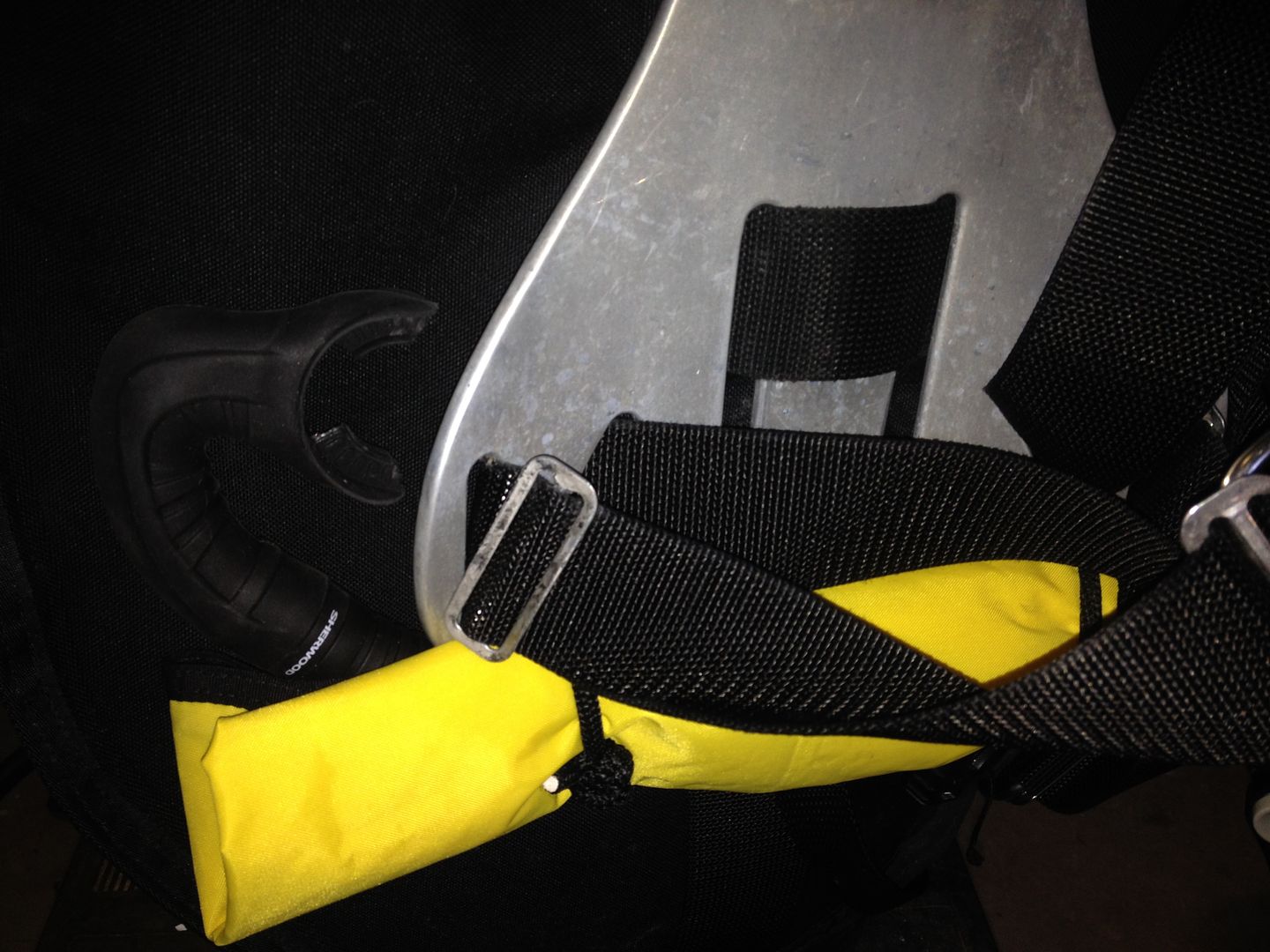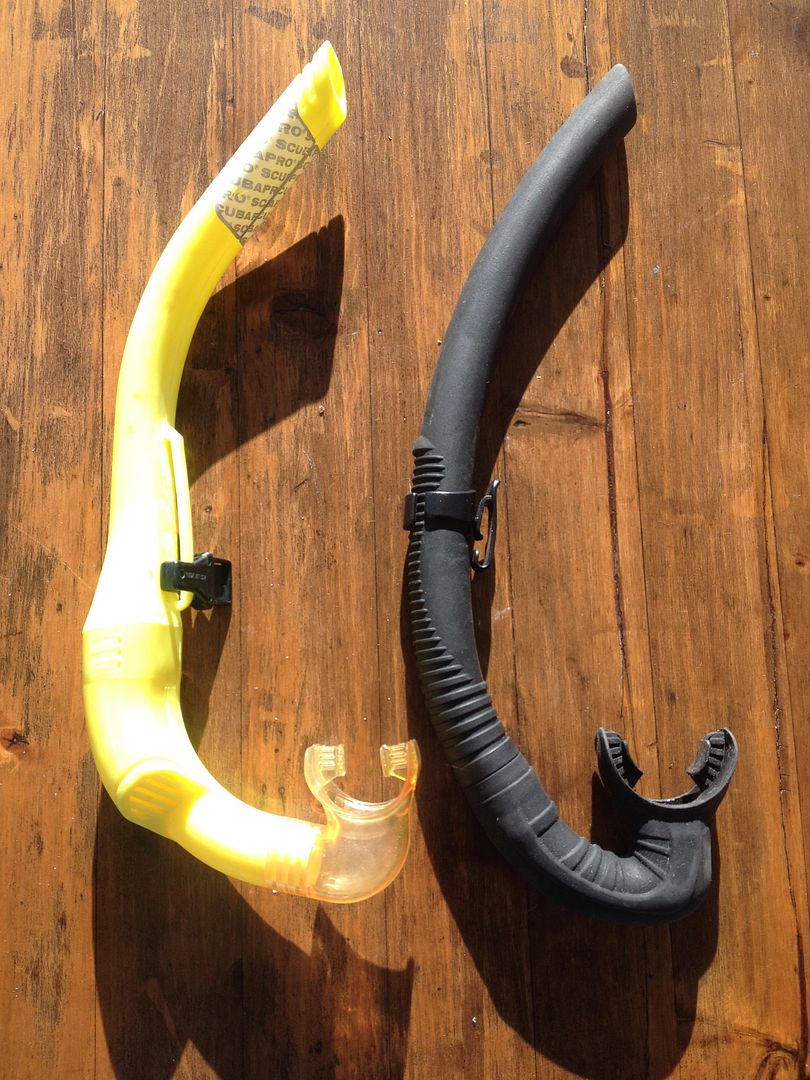They have their place, and you may want a different type of snorkel depending on what you are doing.
I started freediving years before I started scuba diving. What you want in that endeavor is a J type snorkel with a large bore and minimal breathing resistance. You don't want a fancy purge valve either, as the purge prevents you from clearing the snorkel via displacement on the way to the surface. if you blow a little air in the snorkel when you're looking up at the surface on the way up, it forces the water out, so you can just roll your head forward on the surface and inhale with little or no water in the snorkel. It's much more efficient.
Many scuba divers though, who only use the snorkel for surface swims, often in chop, prefer a snorkel with a section to trap water and a purge valve to eliminate it without the need for a sharp exhalation to blow it out the tube. That however adds bulk and drag in the tube, and makes clearing by displacement impossible. In the extreme, divers will choose a dry snorkel with some method to divert spray from entering the tube, or use a float of some sort to close the opening if it is submerged.
Below is a Scubapro Shotgun 2, which was a more streamlined version of their older Shotgun snorkel. It has a water trap and a purge valve to eliminate that water - at the expense of more drag. Along side it is a normal variation of the plain old J Snorkel, this one made by Sherwood.
In addition to scuba divers who want an all the bells and whistles snorkel, you have scuba divers who recognize that a snorkel is nice to have when you need it, but just additional drag, clutter and entanglement hazard the other 95% of the time when you don't need it. Many of those divers will just use a folding snorkel stowed in a pocket.
If you are one of the growing number of divers who are figuring out the vast superiority of using a long hose primary (either 60" for recreational diving, or 84" for most technical diving) to provide air to an out of air diver, you'll have discovered that a snorkel clipped on the mask strap creates a potential obstruction and entanglement when deploying that long hose to a diver in an emergency. Those divers will also use a pocket snorkel, or keep their snorkel somewhere else.
Most of my diving is now technical cave diving where a snorkel is not needed, and the limited shallow "pretty fish" diving I do is usually done with a Freedom plate, a 30 pound wing, and a double hose regulator, where a snorkel clipped to the mask strap is in the way. However, there are still open water situations where I find a snorkel to be useful. For example, if you shore dive off Elbow Beach in Bermuda, you'll find the first 200-300 yards off the beach is shallow, and fairly boring sand. A snorkel really helps you save gas swimming that 300 yards to get to the great diving that's found on the offshore reef. In those cases however, I'll usually just tuck my plain old J snorkel under the waist strap or keep in the bungee loops on the bottom of my plate along with my lift bag. It's out of the way there yet, easy to access if I need it at the end of a dive. If I need it at the start of a dive, or if I need to shoot the lift bag, it usually just gets tucked in the waist band after I'm done or before I deploy the lift bag.

The key here is to decide how YOU will personally use a snorkel, then get one that meets your needs, and fits into your overall gear configuration.
That might mean a bells and whistles model, a plain J snorkel, a folding or roll up pocket snorkel, or no snorkel at all.






